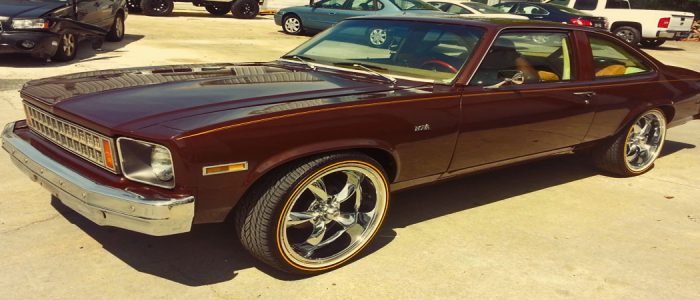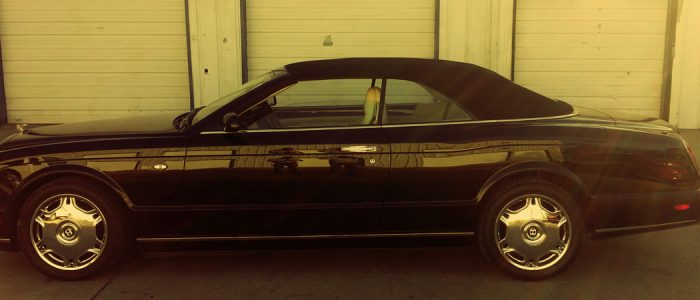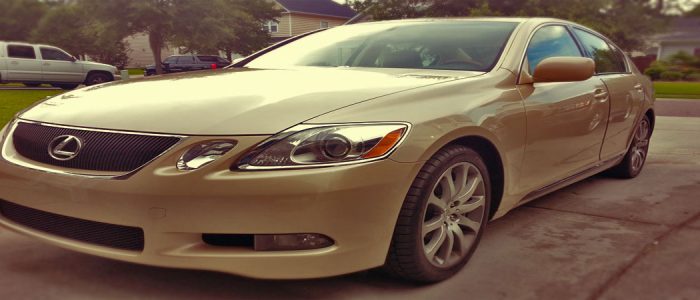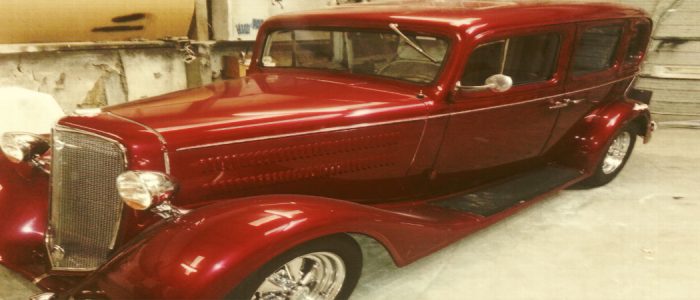Car Collision & Accident FAQ
A step by step guide for residents of the Greater Charleston, SC area
No vehicle owner expects to be involved in an accident. But, at some point, you may be faced with damage to your vehicle as the result of a collision. Vehicle repairs can be handled better by an informed consumer.
We want you to know your rights before you authorize repairs to your vehicle.
This guide describes what is involved when collision repairs are needed and provides some details on your rights as a consumer. Each state may have its own legislative rules governing collision repairs, so it is important to know your rights as they relate to your specific resident state.
Vehicle Design
Most vehicles manufactured since 1980 are of a design known as unitized body (commonly known as unibody) construction. This design is particularly good at absorbing collision impacts and minimizing injury to vehicle occupants. The ability to absorb collision impact is accomplished by creating “crush zones” in the vehicle that absorb and redirect the impact energy to other areas of the vehicle outside the passenger compartment.
Unitized body construction relies on a number of lightweight, high-strength steel panels and parts, properly welded together, to provide structural strength. Due to the energy-absorbing nature of the design, even relatively minor appearing accidents can result in damage that may affect the structural integrity of the vehicle.
Proper training and equipment are necessary for the repair facility you choose to correctly diagnose and repair your vehicle. A poorly repaired vehicle may be unsafe and can cost you money.
Your Right to Choose
Most states allow you to choose where your vehicle will be repaired. Your insurance company may provide you with a list of possible repair facilities and may recommend shops through a referral network if permitted in your state. The repair facility you choose should meet the requirements listed below.
What You Should Look for in a Repair Facility
Many states require that automotive repair shops post customers’ rights and their license in a visible location. The consumer information sign advises you of your rights and what you are entitled to by law. Further, mechanics who repair collision-damaged unitized body vehicles may be required by law to be certified in the category of Unitized Body Structural Repair. The mechanic’s certificate must be posted in a conspicuous location as well if required
If your state requires registration, the mechanic’s certificate and the information sign should be accessible and, if you do not see them, ask the service manager or owner about them. If they cannot be shown to you, you should consider taking your vehicle elsewhere. Only do business with a repair facility that can demonstrate that it has properly trained certified mechanics who will work on your vehicle and meets all the necessary licensing required for your state.
Repairs to Be Performed
When you receive a written estimate for the work that will be done, be sure you understand the extent of repairs that will be performed and the type of parts that will be used. The abbreviation “LKQ” stands for “Like Kind and Quality” and is another way of saying the part is used and not new. Never allow a repair facility to install used safety items, such as a supplemental inflatable restraint system (air bag).
Many states require that a collision repair facility inform you in writing if the replacement parts used to repair your vehicle are not OEM (Original Equipment Manufacturer, the company that manufactured your vehicle). Parts not produced by the vehicle manufacturer, if used, may void the manufacturer’s warranty in certain applications. Before authorizing collision repairs, make sure you are aware of the type of parts being used in your vehicle’s repairs and discuss any concerns or questions with the repair facility and your insurance company.
Will There Be a Warranty?
Before allowing the repair facility to begin repairs, find out if the facility provides a warranty on its work. A repair facility may not be required to provide a warranty. If a warranty is provided, the terms and any exclusions must be in writing. If you are told the repair to your vehicle will be warranted, make sure you receive a written copy of the warranty.
In the Event of an Accident
No one wants to be in an accident. If you are, it is important that key facts be obtained for later use. The items below may help you obtain needed information. Keep this guide in your glove compartment, so that you can write down the information immediately in the event of an accident.
- Date and time of accident:
- Names and addresses of others involved:
- Names and addresses of witnesses:
- Name of other party’s insurance company and agent:
- Other party’s policy number:
- Investigating police department:
- Police report number:
*Source: Consumer’s Guide to Collision Repairs, Bureau of Regulatory Services, Michigan Department of State.




